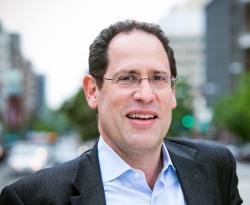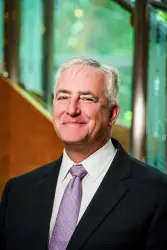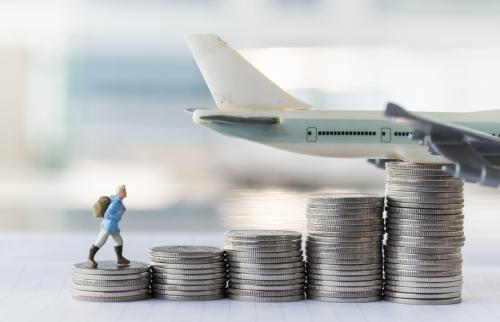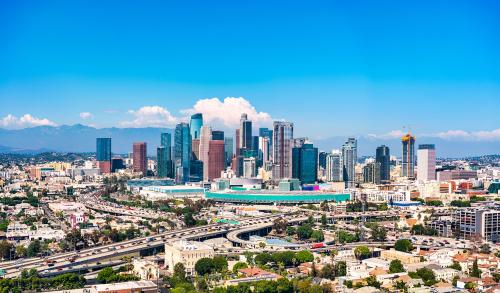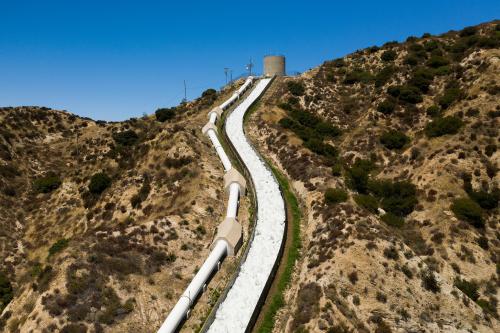Executive Summary
Infrastructure has a dramatic effect on the economic competitiveness of our nation, the health of our environment and our quality of life. And infrastructure—freight ports, airports, bridges, roads, rail and transit networks, water and sewer systems, web of channel communications—is the connective tissue of our nation. Smart policies and investments can enhance and further national prosperity and the health and vitality of metropolitan areas, where the bulk of our population lives and jobs are located.
A long-term infrastructure plan can foster productive growth in our economy, sustainable growth that furthers energy independence and real solutions to climate change and inclusive growth so that low and moderate-income families have access to opportunity.
With these critical issues in mind, the third Bernard L. Schwartz Forum on Competitiveness explored the challenges and opportunities for new infrastructure investment. The October 10, 2007 event followed in the wake of two previous forums that focused on American education, innovation, and research and development (April 2006) and America’s position in the world in science and technology (October 2006).
In his keynote address, Thomas Vilsack, the former governor of Iowa, emphasized that better investments in infrastructure would make us safer; more secure and lead to happier and safer constituents. In sum, infrastructure investments make for good policy that both Republicans and Democrats should support.
The Brookings Institution is committed to quality, independence, and impact.
We are supported by a diverse array of funders. In line with our values and policies, each Brookings publication represents the sole views of its author(s).
